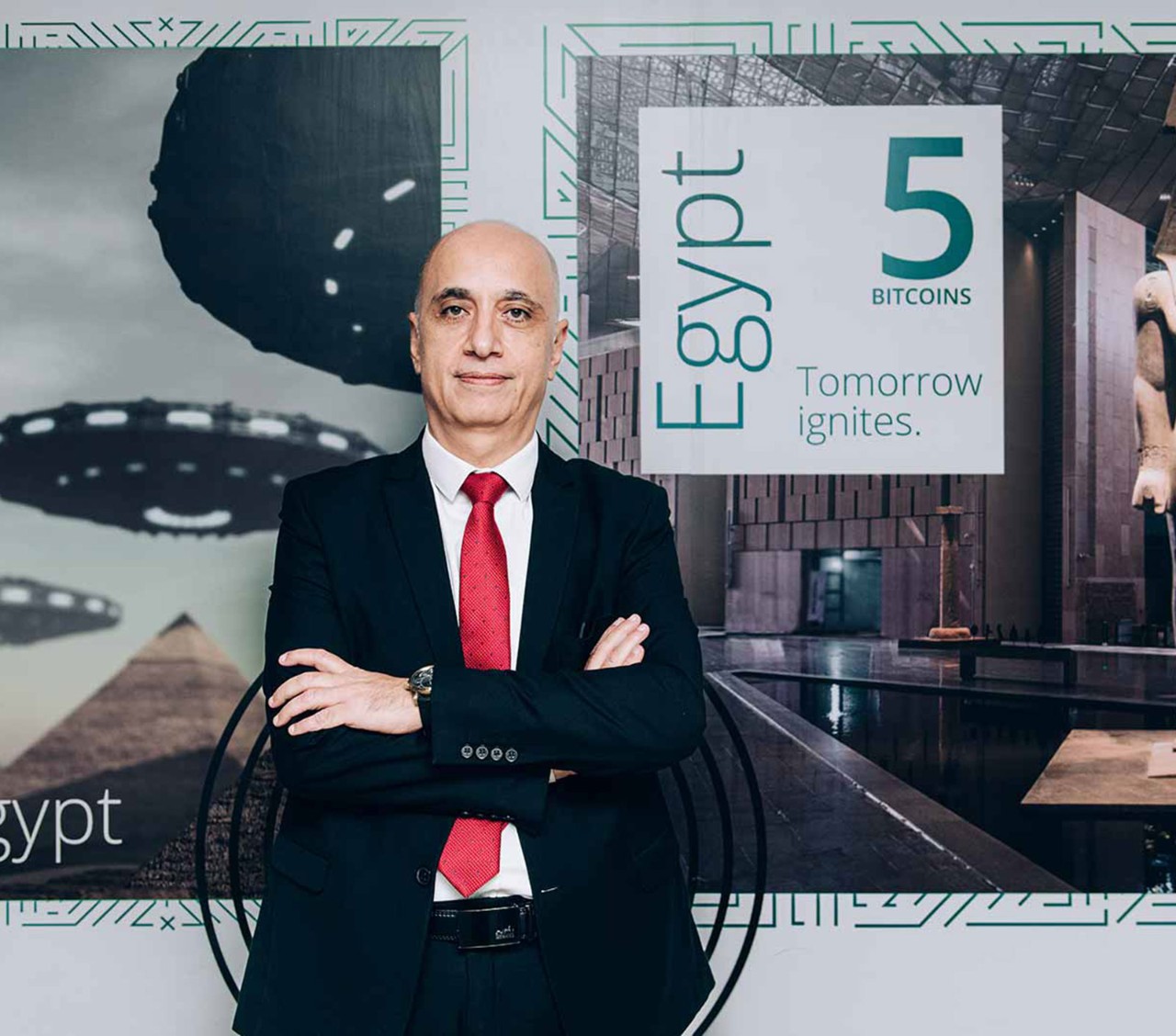
In the past, a company’s value was mostly tied to what it physically owned – assets such as land, buildings, machines and inventory. Today, a company’s real strength often lies in what it knows, creates or invents. It could be a patented design, a brand or software. Such intangible assets or intellectual property (IP) have quietly become some of the most valuable parts of a business.
It’s something that Sri Lanka’s enterprises are finding hard to get to grips with – even though the country has a patent history stretching all the way back to 1860. The current law covers everything from inventions and designs to geographical indications and unfair competition. Raising awareness of IP among businesses is the responsibility of the country’s patent authority, the National Intellectual Property Office (NIPO), but that job is proving a challenge.
Sri Lanka’s IP metrics are poor. Patent filings remain modest, and a great many are of limited scope. The country ranks 79th for international patent applications per million inhabitants. While trademarks are commonly registered by Sri Lankan businesses, patents – typically a better indicator of innovation – are not.
The country has systems for protecting IP. A special Criminal Investigation Division unit handles piracy and counterfeit cases, and Customs has an IP violation team. Enforcement, though, is problematic. There have been concerns raised by local representatives of international companies over weak IP enforcement hurting their ability to do business in the country.
IP as strategy
In Sri Lanka, many enterprises still see IP as something to do only for new products or if a rival tries to copy their work. Very few treat it as something worth investing in, building up or generating income from.
Perhaps it shouldn’t come as a surprise. Banks are often reluctant to accept patents and brand names as loan collateral. Accounting rules also favour physical assets, so the true value of a company’s ideas or reputation often is not known, unless they were bought from others. Tax breaks or incentives for investing in research or innovation are rare.
Many companies don’t even realise they have IP worth protecting
According to one Colombo-based IP consultant, many companies don’t even realise they have IP worth protecting. ‘They might have a unique formulation or a software tool built in-house, but they don’t think to register or license it,’ he says. ‘It’s seen as part of the workflow, not a business asset.’
Talal Rafi, director for business consulting at EY, says IP is not just crucial for driving growth but also helps companies focus on higher value production. ‘A good example is the comparison between Apple and Foxconn. Apple does not manufacture its phones but focuses on areas such as IP, design and marketing. Foxconn produces around 70% of Apple products but is valued at around US$60bn, while Apple has been valued above US$3 trillion.’
Innovation race
Sri Lanka’s worrying lack of IP progress is clear from its Global Innovation Index score, which continues to decline from an all-time high of 30.8 in 2015 to 22.6 in 2024. While the index considers many variables, IP filings and the ability to turn research into commercial products are key components.
While some local tech firms have filed software-related patents, and certain export industries, such as tea and cinnamon, have explored protections tied to geographical origin, they are very much the exceptions rather than the rule.
If Sri Lanka wants a high-growth economy, it has to take IP a lot more seriously
If Sri Lanka wants a high-growth economy, it is going to have to take its intellectual property a lot more seriously. Obvious ways forward include making it easier to register patents and trademarks, running awareness campaigns for businesses, and offering support for companies that invest in research and new ideas.
Right now, many Sri Lankan businesses have a tunnel-vision focus on physical growth – opening new branches, buying more equipment or expanding stock. Sure, that’s important, but in today’s world, ideas and innovation matter just as much. A smart design, a unique product or even just a name can be well worth protecting.
Interest in intellectual property is growing in Sri Lanka, especially in cities where businesses are increasingly looking for ways to stand out in competitive markets, but it’s simply not happening fast enough. Companies need to recognise the value of what they’ve created and take steps to protect it. Once they do, they will be driving not just their own growth but also Sri Lanka’s, and putting the country on the global map for innovation.




